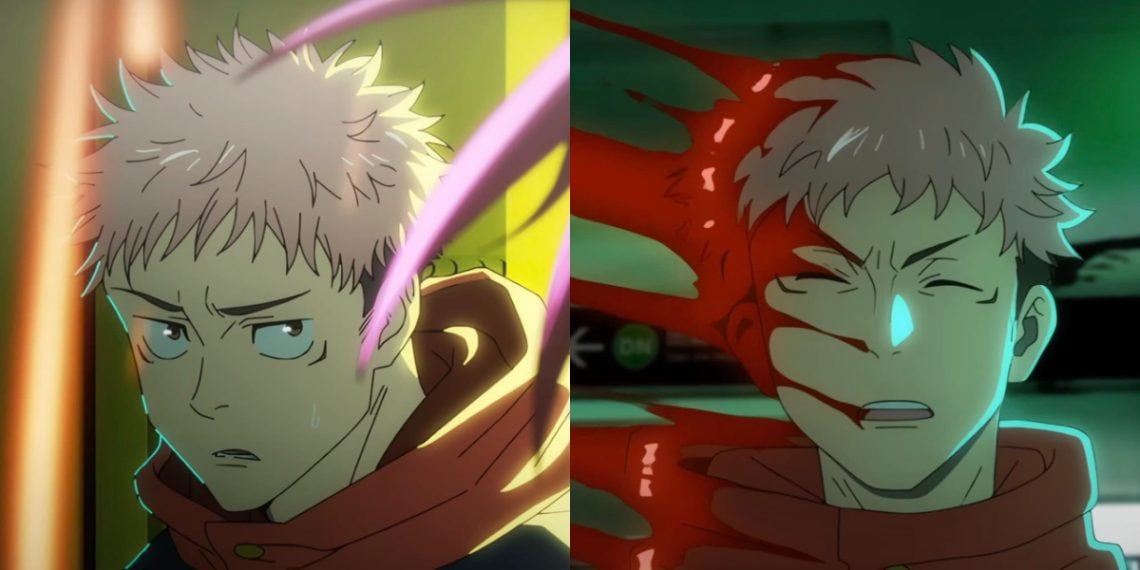Last week we found out that, speaking with fellow animator Dorian Coulon, Chansard Vincent bluntly stated he can no longer “support a company that ideologically doesn’t care about working conditions.”
This suggests major internal concerns at MAPPA over extreme overtime and poor compensation of artists, despite the massive success of hits like Jujutsu Kaisen.
Chansard’s public criticism signals wider discontent among overworked creatives in the anime industry. Even on a flagship production like Jujutsu Kaisen, artists feel underappreciated and exploited.
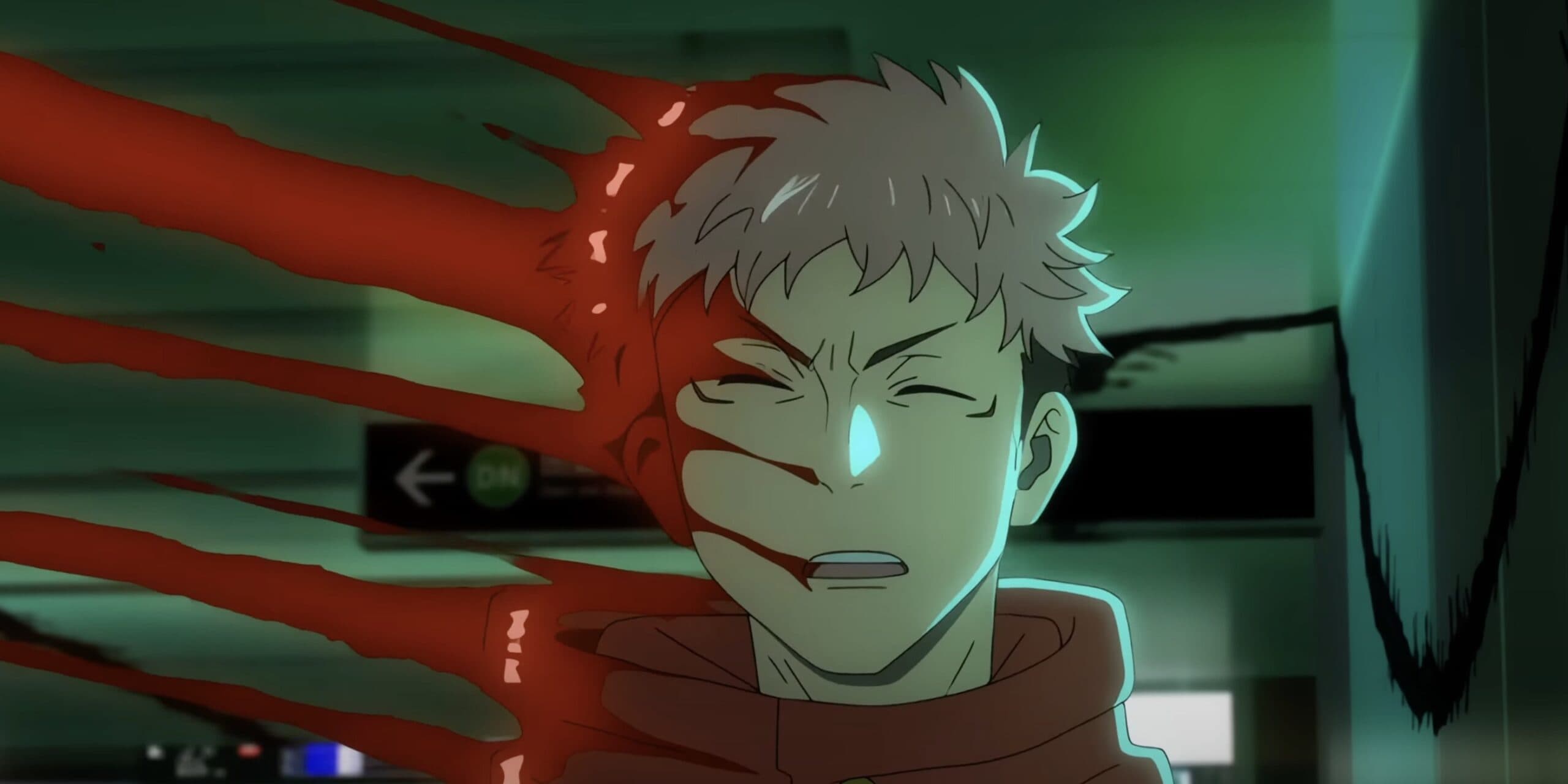
However, the One Piece director has come to MAPPA’s defense, presenting facts about the studio’s efforts to improve conditions. He cites MAPPA opening a new studio to alleviate production strains and offering salaries above industry standards.
While tensions remain, his defense suggests MAPPA is taking steps to address animator discontent. However, the issue reflects systemic issues around compensation and overwork in the broader anime industry.
One Piece Director Addresses Overseas Animators’ Concerns with MAPPA
According to the One Piece director, overseas animators declaring they will no longer work with MAPPA fails to account for the full context. He argues that while work conditions are one issue, the expectations when the work was first contracted matter too.
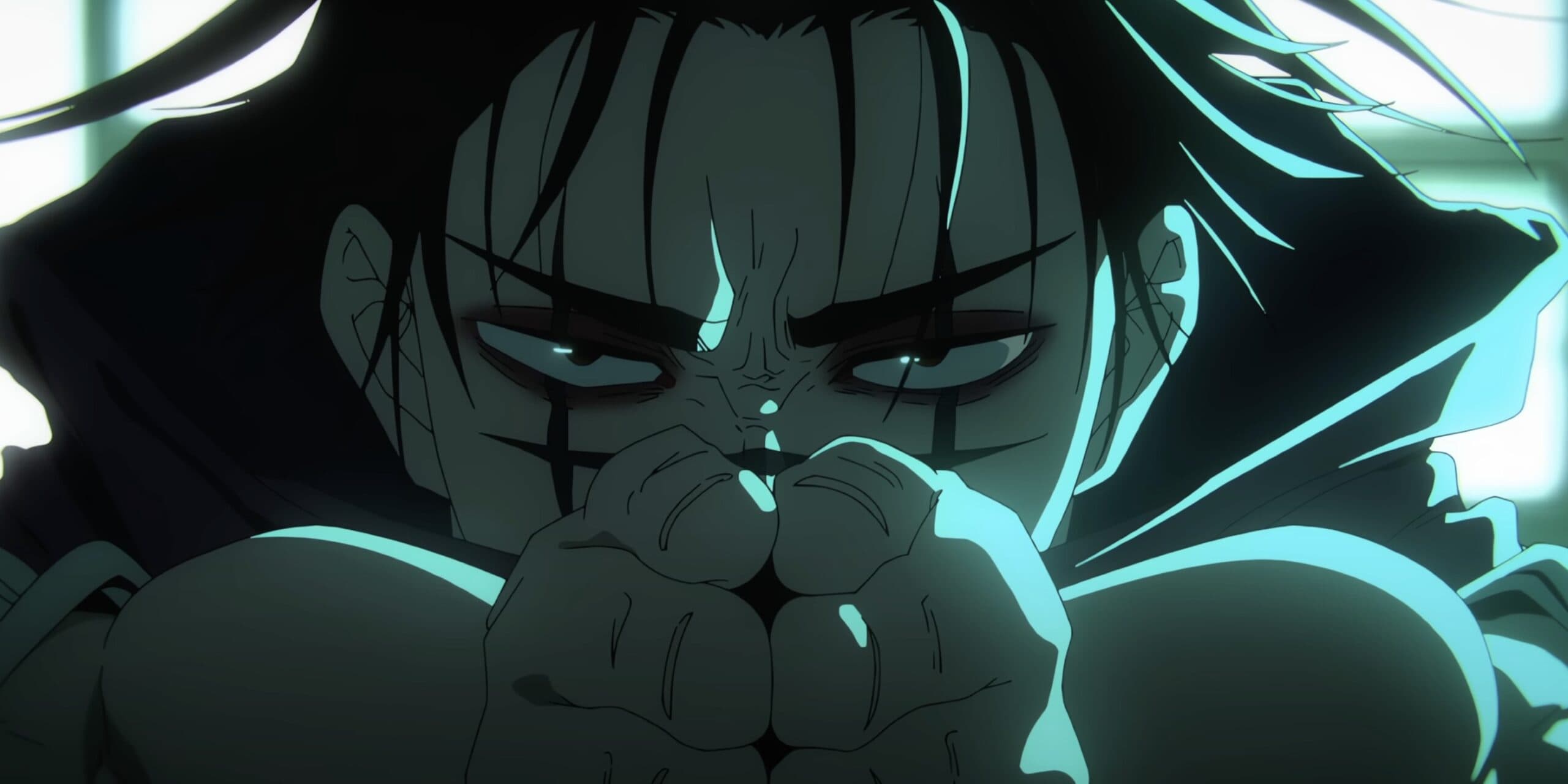
Suppose the terms initially met animators’ expectations for the job. In that case, production troubles or excessive demands are more the fault of the show’s directors, production committee, or producers rather than MAPPA itself. However, if there was a slashing of pay, delays, or outright exploitation, that is a definite grievance against the studio.
He contends that if animators declare they personally represent proper standards, then they need to start their own company and lead by example with ideal working conditions. He mentions telling this to others previously and them getting angry in response.
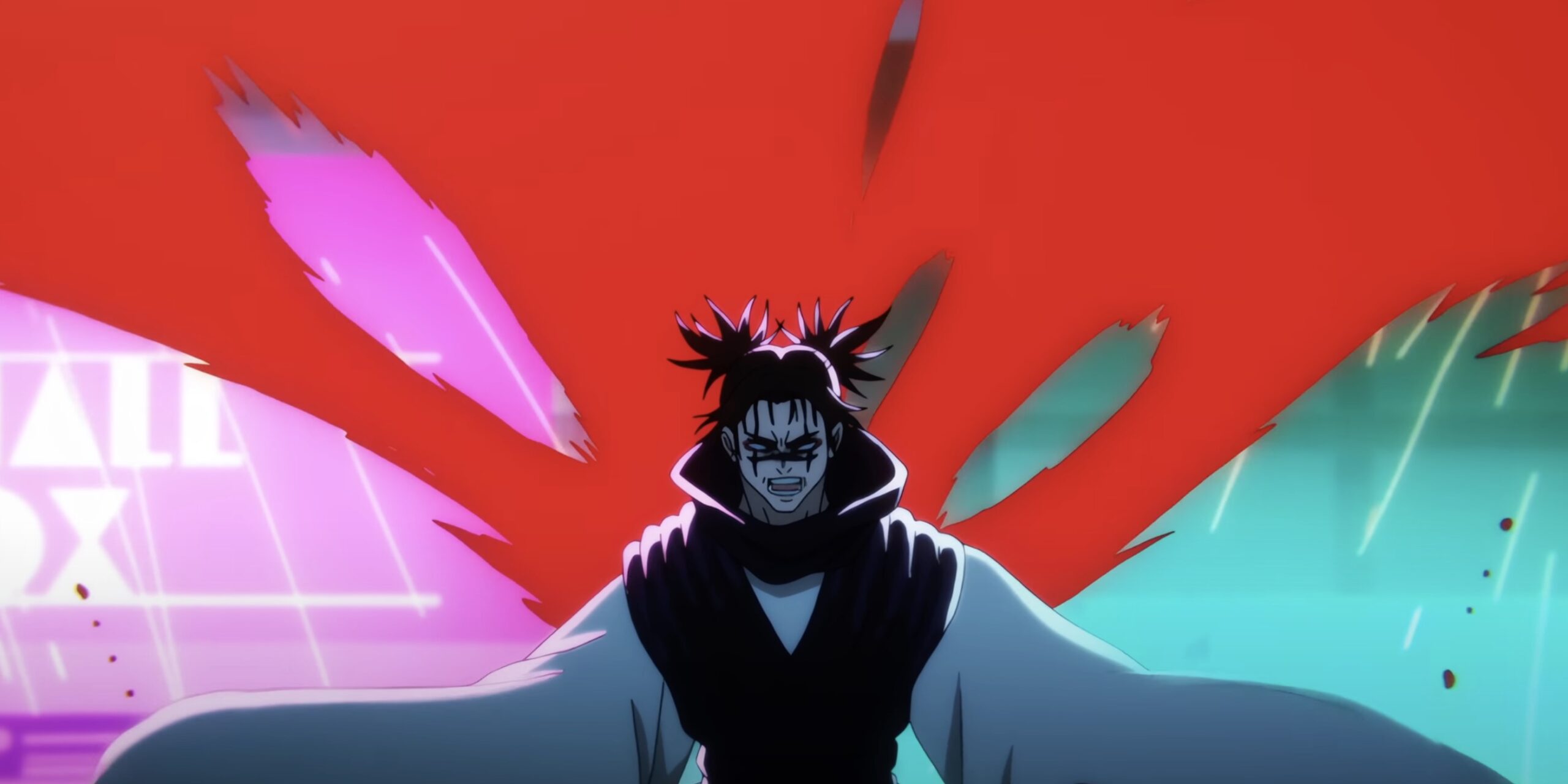
His perspective is that animators denouncing MAPPA should consider whether the studio failed to meet initial expectations, or whether excessive demands stemmed from others like show directors. He implies animators who want to set a standard should do so through leadership, not just criticism.
One Piece Director Encourages Animators to Address Workload Issues Proactively
According to him, sometimes animators underestimate the workload required for complex storyboarding and then find themselves overworked. He states that animators “knowingly jump into a pit of hell because they can’t estimate the calorie count of the storyboarding and get boiled alive.”
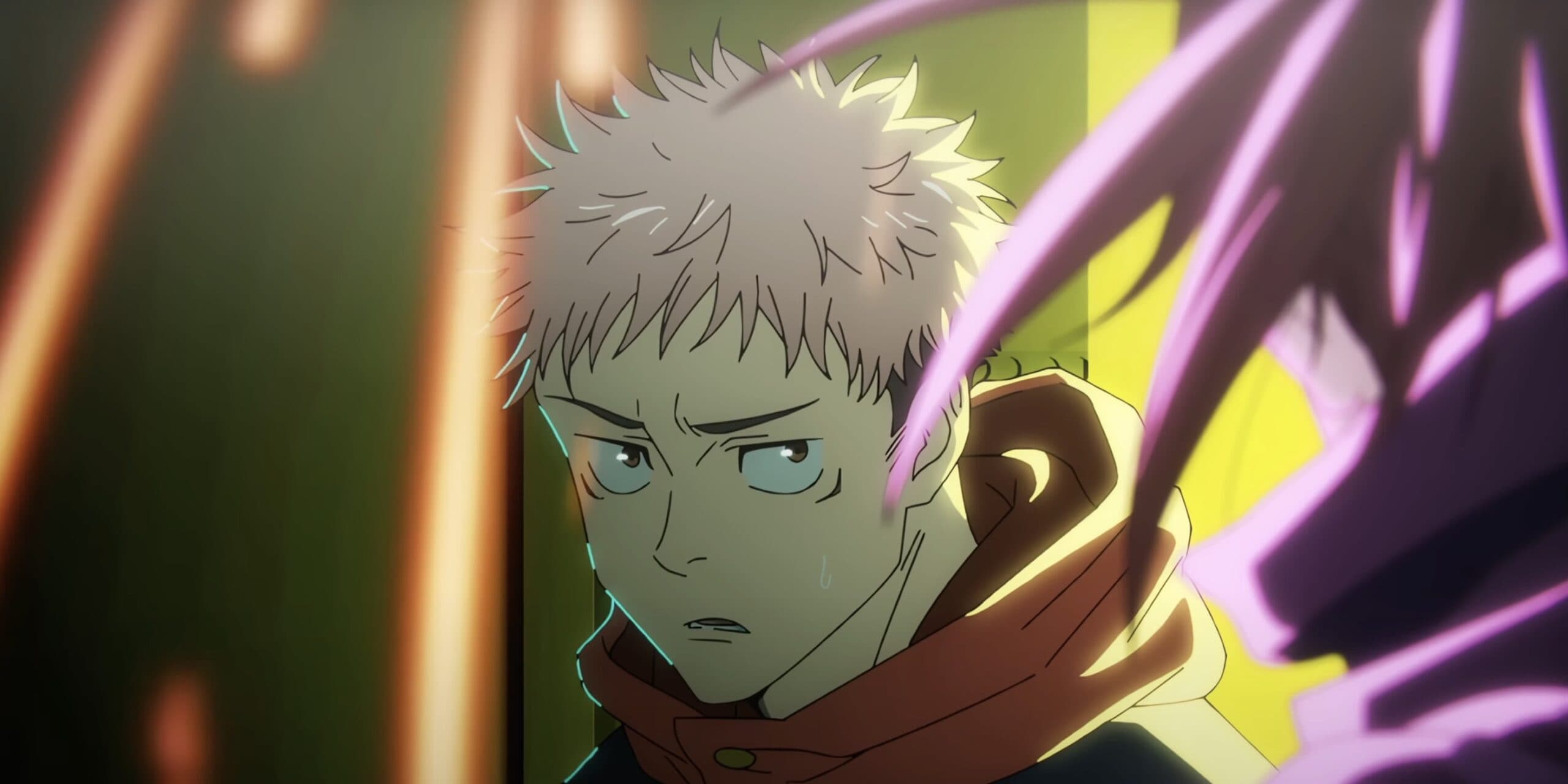
However, when he mentioned this perspective casually, he was told it would make the industry look bad publicly. He pushes back on the notion that social media is a space for animators to vent freely, arguing that “saying stuff like ‘You’re ignorant!’ is like spitting at the sky only to have it land on yourself.”
He suggests animators negotiate conditions beforehand, if possible, or have an agent represent them, before causing public drama online. He believes it takes courage to refuse excessive demands, but that’s a choice animators have to make.
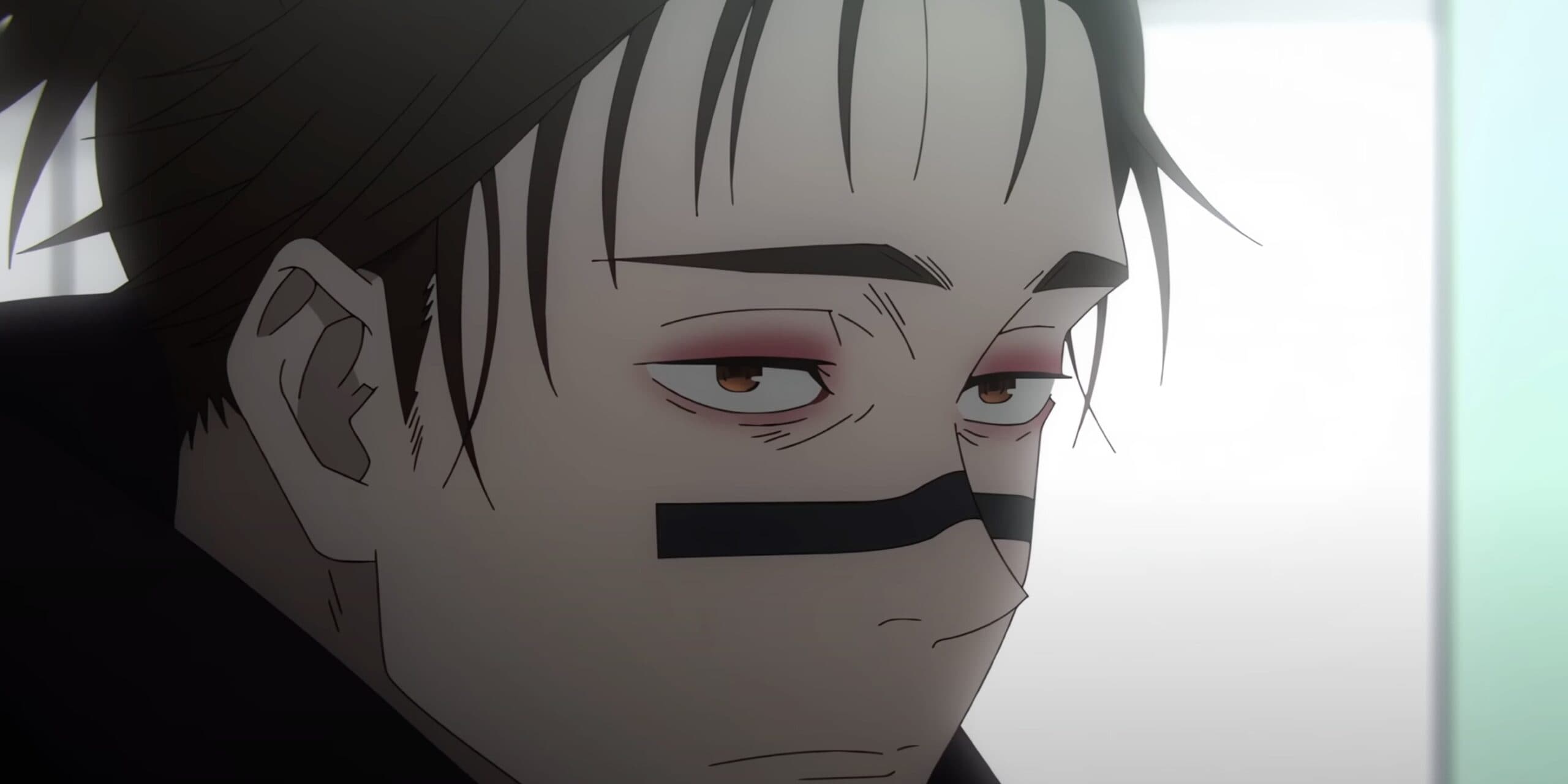
He contends that if animators take on work that turns out to be overwhelming, the production company is the one that ends up in trouble when projects can’t be finished properly. He implies animators should feel empowered to push back on unreasonable requests.
More About MAPPA’s Bad Work Environment
After the critical reviews of the animation quality in season 2 episode 14 of Jujutsu Kaisen, animators from the studio MAPPA began speaking out about the difficult working conditions they had faced. Honehone, an animator at MAPPA, posted a tweet detailing the problems within the studio’s management.
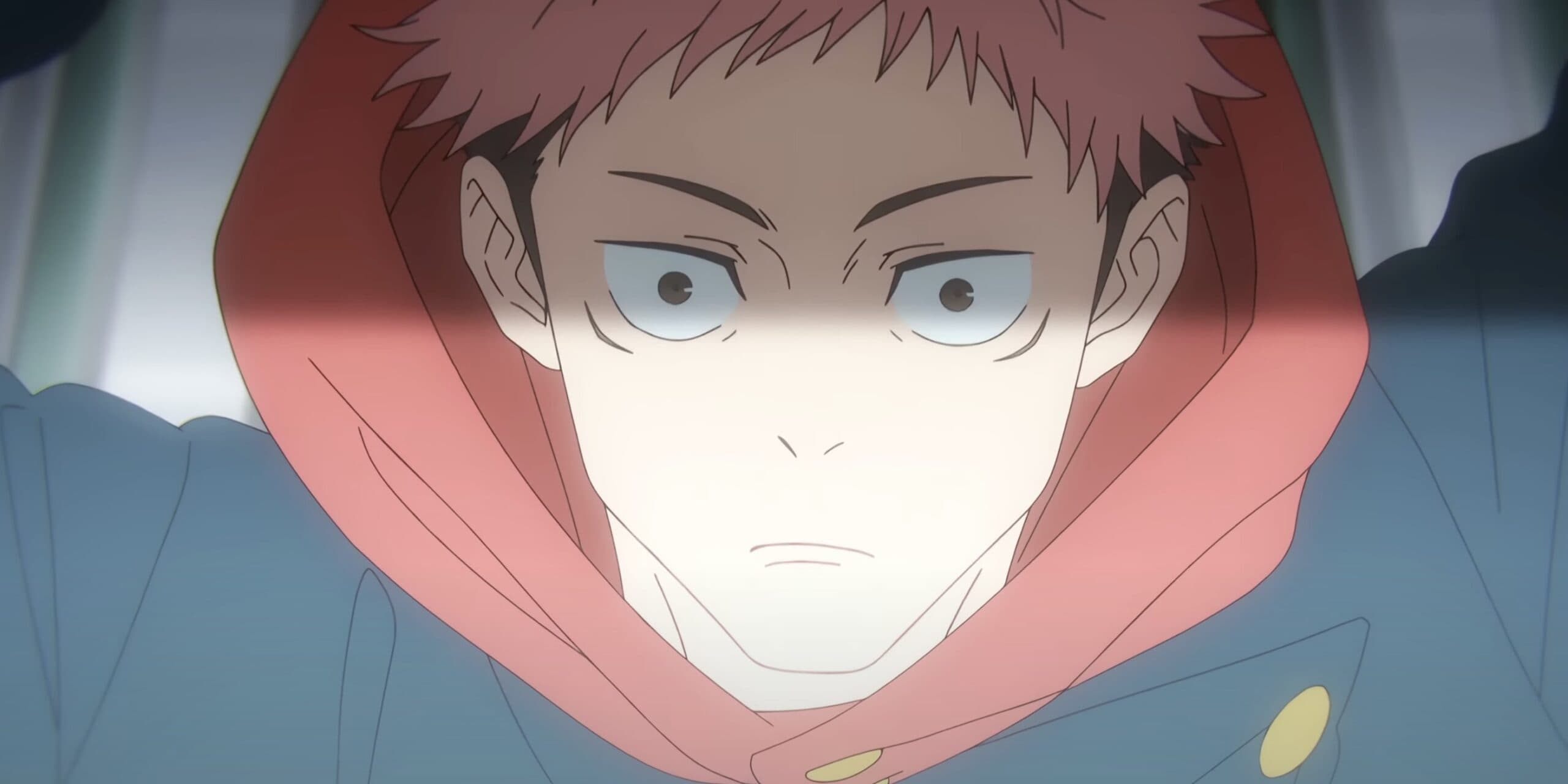
According to Honehone, the MAPPA administration places extreme pressure on animators to deliver results quickly without providing additional support or improving the stressful work environment.
This exploitative dynamic has been an ongoing issue, even tracing back to the production of the Jujutsu Kaisen 0 film.
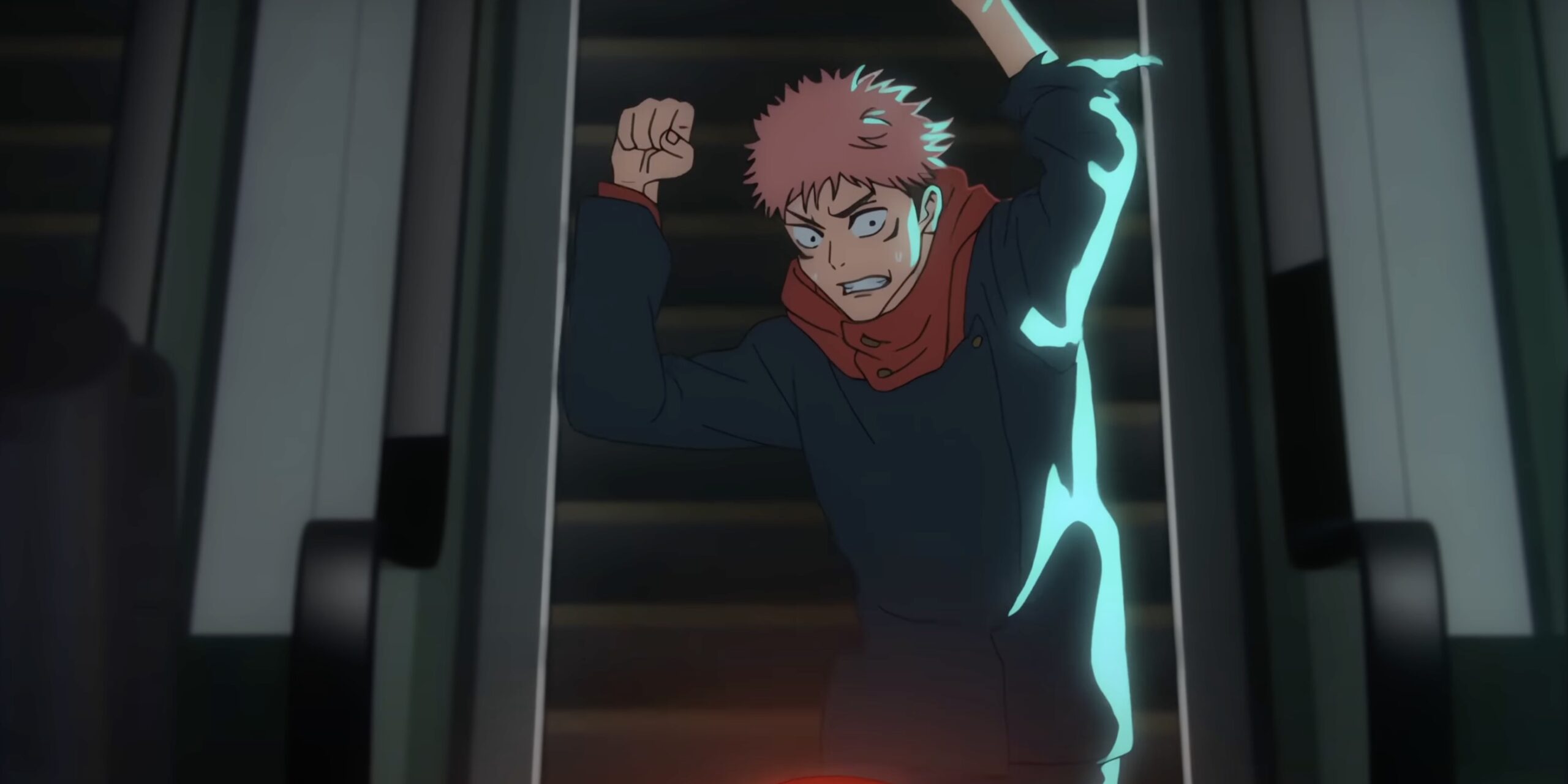
Typically, an anime film takes 2-3 years to produce. However, MAPPA animated the Jujutsu Kaisen 0 prequel story in just 4 months – an incredibly condensed timeline that undoubtedly required animators to overwork themselves.
Honehone portrayed the management as apathetic to the well-being of staff, caring only about meeting production deadlines.
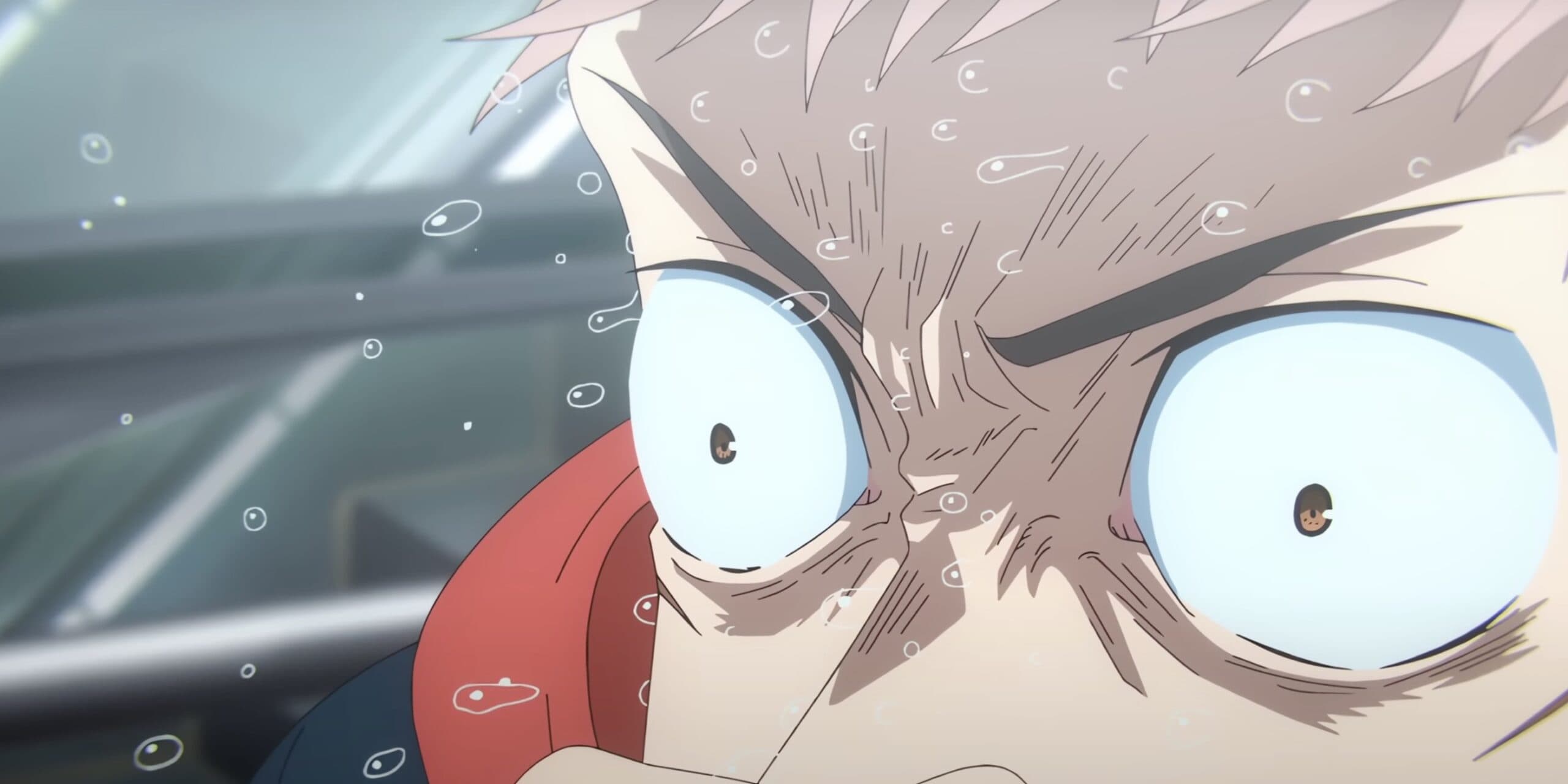
This tweet sparked a surge of MAPPA animators coming forward to share their experiences of poor working conditions, unreasonable expectations, and lack of care from the studio leadership.
Honehone gave a candid view into the administration’s negligence and the immense toll it has taken on animators who feel creatively stifled and mentally drained.

